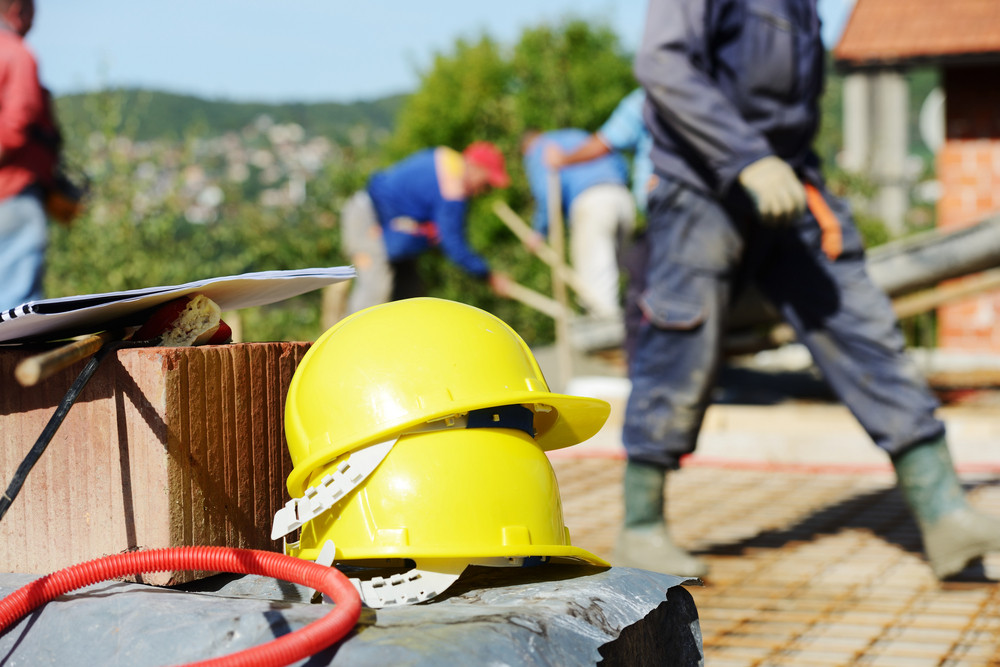Operating construction equipment is a task that demands not only skill but also unwavering attention to safety. Each year, thousands of incidents occur on construction sites due to negligence or oversight in safety practices. With heavy machinery like cranes, excavators, and bulldozers in play, it’s crucial to adhere to specific safety protocols to ensure the well-being of all personnel involved. This post explores fundamental safety practices that should be upheld when operating construction equipment after completing construction equipment sales.
Regular Inspections
First and foremost, conducting regular equipment inspections is crucial. Before operating any machine, it’s important to check for any visible damage, fluid leaks, or mechanical issues. Routine maintenance and checks help prevent unforeseen mechanical failures that could lead to accidents. Given the massive scale of operations, such as the US aggregate industry, where 1.1 billion tons of crushed stone are produced annually, according to the International Journal of Advanced Academic Research, keeping equipment in optimum condition is essential for both safety and efficiency.
Trained Operators
Another critical practice is ensuring that all operators are adequately trained. Construction equipment is not only complex but can also be dangerous when handled improperly. Comprehensive training programs should be mandatory for all operators and those in construction equipment sales, addressing not only machinery handling but also emergency procedures and safe operation practices. By ensuring that only certified and experienced personnel are at the controls, companies can significantly reduce the risk of accidents and enhance overall site safety.
Clear Communication
Keeping a clear, open communication channel is vital on a construction site. Miscommunication or lack of communication can lead to dangerous situations, especially when dealing with construction equipment. The use of hand signals, radios, or other communication devices can help maintain effective coordination among team members. Ensuring that everyone on site is aware of who is operating any given piece of equipment and its intended path can prevent mishaps and ensure everyone is out of harm’s way.
Adhering to these safety practices is not just about compliance, but about fostering a culture of safety that prioritizes human life and well-being. Regular equipment inspections, adequate training, and clear communication are essential components of safe machinery operation in construction. As the construction industry continues to grow, committing to these fundamental safety practices will ensure that progress does not come at the cost of safety. For more safety information and available construction equipment sales, contact Sync Aggregate today!

